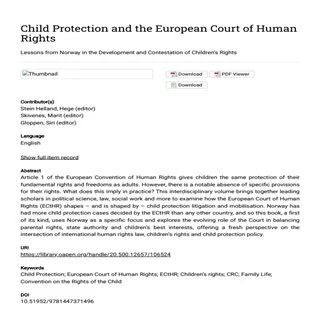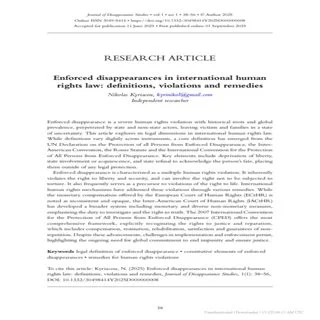By Mary Holper
Alleged mandatory immigration detainees are unable to access federal court review of whether they are illegally detained without a bond hearing. The conviction that causes a detainee to be deportable also causes mandatory detention, so that the substantive findings in the deportation litigation path and detention litigation path overlap, even though their consequences differ. In this situation, habeas courts invoke 8 U.S.C. § 1252(b)(9)— the “zipper clause”—a 1996 statute barring habeas petitions. With § 1252(b)(9), Congress intended to “zip” all claims “arising from any action taken or proceeding brought to remove” a noncitizen into a single circuit court petition for review of a final removal order. But the detention and deportation litigation paths are two sides of an unmatched zipper. One path leads to deportation while the other leads to detention without a bond hearing pending the decision on deportation.
This article exposes a problem that, while under-litigated in immigration detention law, is robbing alleged mandatory detainees of their right to access habeas corpus in order to challenge their illegal detention. As a solution, this article proposes the “Great Writ,” habeas corpus, as a remedy. Because the alleged mandatory detainees do not seek a review of their removal orders, and seek only release from custody, they invoke the “core” of habeas corpus. Although a federal appellate court will ultimately review the substantive legal question that causes both their deportation and detention, that review comes too little, and too late. Thus, it provides no adequate substitute for habeas corpus because there is no meaningful opportunity to demonstrate, to a politically independent adjudicator, that the noncitizen is illegally detained. For these detainees, § 1252(b)(9) has proven to be an ill-fitted zipper that allows illegal executive detention to continue for months and years. If the core of the Suspension Clause is to mean anything, it must guard these detainees’ liberty interests.
Boston College Law School, Boston College Law School Legal Studies Research Paper No. 634, 2024. 53p.





